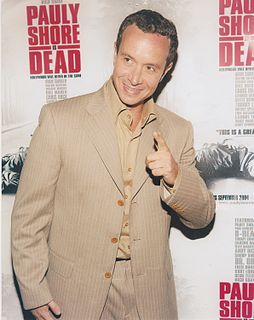A Quote by Jubin Nautiyal
My advice about money is, make money and spend it wisely. Rule over it, but don't let it rule you.
Related Quotes
Warren Buffett likes to say that the first rule of investing is "Don't lose money," and the second rule is, "Never forget the first rule." I too believe that avoiding loss should be the primary goal of every investor. This does not mean that investors should never incur the risk of any loss at all. Rather "don't lose money" means that over several years an investment portfolio should not be exposed to appreciable loss of principal.
10 Rules for Being Human: Rule #1 - You will receive a body. Rule #2 - You will be presented with lessons. Rule #3 - There are no mistakes, only lessons. Rule #4 - The lesson is repeated until learned. Rule #5 - Learning does not end. Rule #6 - "There" is no better than "here". Rule #7 - Others are only mirrors of you. Rule #8 - What you make of your life is up to you. Rule #9 - Your answers lie inside of you. Rule #10 - You will forget all this at birth.
To walk in money through the night crowd, protected by money, lulled by money, dulled by money, the crowd itself a money, the breath money, no least single object anywhere that is not money. Money, money everywhere and still not enough! And then no money, or a little money, or less money, or more money but money always money. and if you have money, or you don't have money, it is the money that counts, and money makes money, but what makes money make money?
Welcome to Fight Club. The first rule of Fight Club is: you do not talk about Fight Club. The second rule of Fight Club is: you DO NOT talk about Fight Club! Third rule of Fight Club: if someone yells “stop!”, goes limp, or taps out, the fight is over. Fourth rule: only two guys to a fight. Fifth rule: one fight at a time, fellas. Sixth rule: the fights are bare knuckle. No shirt, no shoes, no weapons. Seventh rule: fights will go on as long as they have to. And the eighth and final rule: if this is your first time at Fight Club, you have to fight.
I'm in no position to hand down any advice," he said, "but there's a rule I follow when I don't know what to do." "A rule?" "If you have to choose between something that has form and something that doesn't, go for the one without form. That's my rule. Whenever I run into a wall I follow that rule, and it always works out. Even if it's hard going at the time.



































